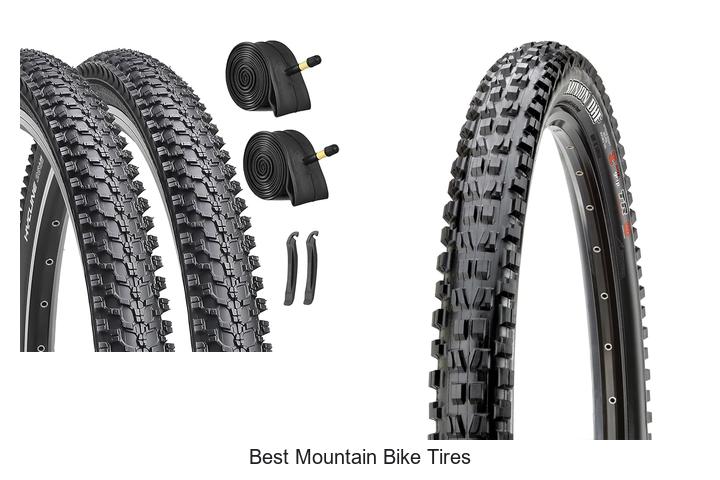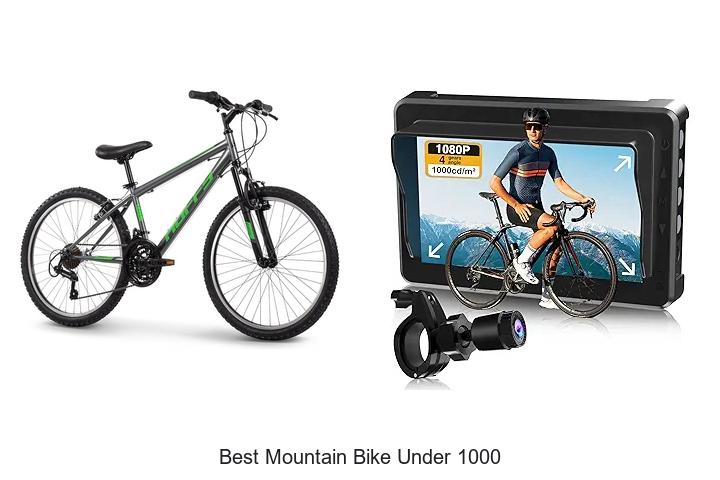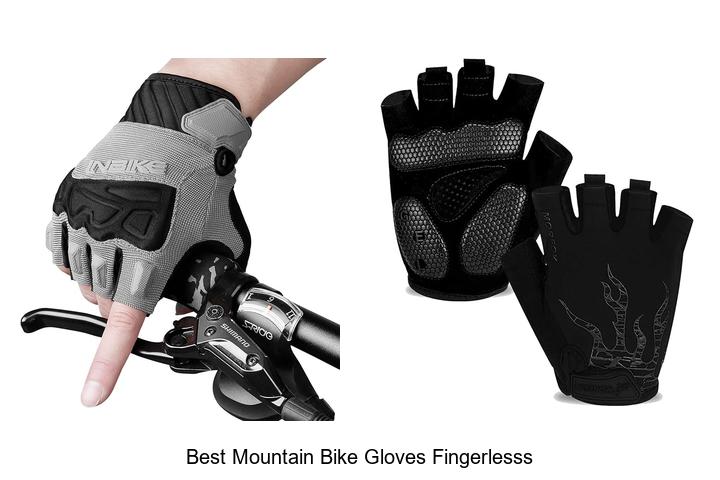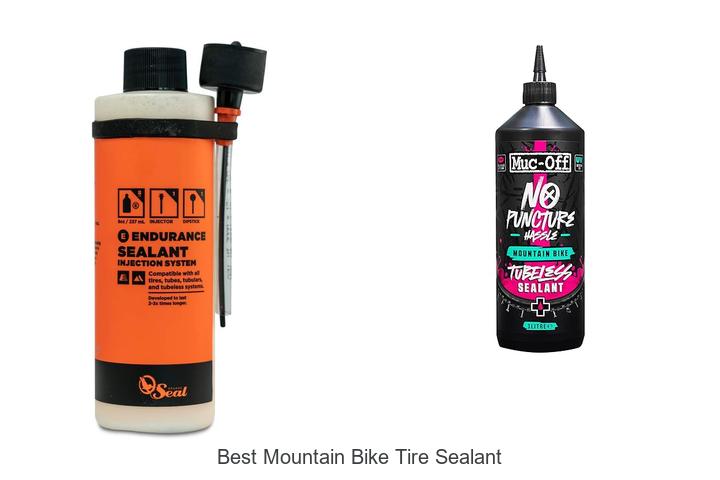What Is the Best Mountain Bike Brand? Top Picks Reviewed
Key Takeaways
- Choose a mountain bike brand based on frame quality, suspension technology, components, and overall durability to match your riding style and terrain.
- Leading brands like Trek, Specialized, Giant, Santa Cruz, and Cannondale offer diverse options ranging from entry-level to high-end models suitable for various skill levels and budgets.
- Frame materials such as aluminum, carbon fiber, and steel each provide distinct benefits; select according to your performance needs and budget constraints.
- Suspension types (hardtail vs. full suspension) significantly impact ride comfort and control—choose based on the terrain you frequent.
- Prioritize brands with strong reputations, comprehensive warranties, and reliable after-sales support to ensure long-term satisfaction and service.
- Balancing price with features and performance is key—mid-range bikes offer a great value for enthusiasts, while high-end models deliver top-tier technology for serious riders.
Choosing the best mountain bike brand can feel overwhelming with so many options on the market. You want a bike that matches your riding style, offers durability, and delivers top performance on every trail. Knowing which brands consistently stand out helps you make a confident choice.
Whether you’re a beginner or a seasoned rider you’ll find that certain brands have built strong reputations for quality and innovation. This guide will help you understand what sets the leading mountain bike brands apart so you can find the perfect fit for your adventures.
Factors to Consider When Choosing a Mountain Bike Brand
Selecting the right mountain bike brand depends on several critical factors. Understanding these helps you match a bike to your riding style and terrain.
Frame Quality and Materials
Focus on frames made from durable materials like aluminum, carbon fiber, or steel. Aluminum offers a good balance of strength and weight. Carbon fiber provides lightweight performance with superior stiffness but costs more. Steel frames deliver excellent durability and comfort but weigh more. Choose the frame material that best suits your riding frequency and terrain challenges.
Suspension Systems and Technology
Evaluate the suspension type—hardtail or full suspension. Hardtail bikes have a front suspension fork, ideal for smoother trails and cross-country riding. Full suspension bikes include both front and rear shocks, improving control on technical and rough terrain. Consider brands investing in advanced suspension designs with adjustable travel and damping features for enhanced performance.
Components and Build
Inspect the drivetrain, brakes, wheels, and tires. Reliable components from reputable manufacturers ensure consistent shifting and stopping power. Opt for hydraulic disc brakes for better modulation and power in varied conditions. Look for wide tire compatibility to handle diverse trail surfaces. Brands offering modular builds allow you to customize parts to meet your riding demands.
Brand Reputation and Warranty
Research brands with a proven history of quality and innovation. Positive customer feedback and expert reviews indicate trustworthy manufacturing standards. Prioritize brands providing comprehensive warranties covering frame defects and components for at least two years. A strong warranty signals confidence in product durability and supports your investment in a high-performance mountain bike.
Top Mountain Bike Brands in the Market
Choosing a mountain bike brand that matches your riding style and performance expectations narrows down your options effectively. The following brands stand out for their innovation, durability, and rider trust.
Trek
Trek leads with advanced frame technology and a diverse lineup covering hardtail and full suspension bikes. Their use of carbon fiber and aluminum delivers lightweight yet robust frames suitable for aggressive trails. Trek’s proprietary suspension systems improve control, making their bikes popular among both casual riders and professionals.
Specialized
Specialized offers cutting-edge mountain bikes with an emphasis on ergonomic design and trail performance. Their carbon and alloy frames balance weight and strength, while the Brain suspension technology automatically adjusts to varying terrain. Specialized models often come equipped with premium components, ensuring reliable shifting and stopping power.
Giant
Giant stands out as the world’s largest bike manufacturer, providing a wide range of mountain bikes designed to fit different budgets and skill levels. They integrate innovative materials and proprietary components like the Maestro suspension system, which enhances shock absorption without sacrificing pedaling efficiency. Giant’s global network ensures consistent quality and service.
Santa Cruz
Santa Cruz specializes in high-end mountain bikes tailored for aggressive trail and downhill riding. Their carbon fiber frames utilize advanced layup techniques to maintain stiffness and reduce weight. Santa Cruz bikes are equipped with top-tier components and suspension designs, making them a preferred choice for competitive riders seeking performance and durability.
Cannondale
Cannondale focuses on innovation and bold design in their mountain bike lineup. Their SmartFormed aluminum and carbon frames combine durability with lightweight benefits. Cannondale’s unique Lefty suspension fork provides precise handling, enhancing control on technical rides. Their bikes integrate reliable drivetrains and brakes suited for challenging terrains.
Comparing Price Range and Value for Money
Finding the best mountain bike brand involves balancing price with the value each model delivers. Different brands offer bikes across price tiers, allowing you to select a model tailored to your budget and riding needs.
Entry-Level Options
You can find entry-level mountain bikes from brands like Giant, Trek, and Specialized priced between $500 and $1,200. These models feature aluminum frames and basic suspension systems, suitable for beginner trails and light off-road use. Brands such as Cannondale provide durable builds and reliable components in this range, maximizing value for new riders. Prioritize bikes with reputable drivetrains and disc brakes to ensure safety and performance without overspending.
Mid-Range Models
Mid-range mountain bikes usually cost between $1,200 and $3,000. Trek and Specialized offer versatile options with upgraded aluminum or lightweight carbon frames, improved suspension, and hydraulic disc brakes. Santa Cruz also provides high-quality models in this segment, optimized for more aggressive trail riding. Riders gain efficiency and durability improvements in this price bracket, making these bikes suitable for enthusiasts seeking balance between performance and cost.
High-End Bikes
High-end mountain bikes, ranging from $3,000 to over $10,000, come from brands like Santa Cruz, Cannondale, and Specialized. These models often feature advanced carbon fiber frames, full suspension systems with adjustable damping, and premium components including electronic drivetrains. The investment in these bikes delivers superior trail responsiveness, reduced weight, and longer-lasting components. For serious riders demanding top-tier performance, these bikes offer excellent value relative to their price.
How to Choose the Best Mountain Bike Brand for Your Needs
Selecting the right mountain bike brand requires matching your riding style, preferences, and support expectations with what brands offer. Understanding these factors helps narrow down options effectively.
Riding Style and Terrain
Align your choice with the terrain you ride most and your preferred style. Choose hardtail bikes for smoother trails or cross-country, as they offer lighter weight and efficiency. Opt for full suspension bikes if you tackle rough, technical terrain since they provide better control and comfort. Brands like Santa Cruz excel in aggressive trail bikes, while Trek and Specialized provide versatile options for mixed terrain. Ensure the brand you pick designs bikes that perform reliably in your typical riding environment.
Personal Preferences and Fit
Prioritize frame geometry and sizing to ensure comfort and handling aligned with your body and riding goals. Select brands offering a range of frame sizes and adjustable components, such as seat posts and handlebars. Pay attention to frame materials—carbon fiber frames deliver lightweight performance, aluminum offers durability at a lower cost, and steel adds comfort with increased weight. Brands like Cannondale emphasize innovative geometry and fit customization, helping you maintain control and reduce fatigue during rides.
After-Sales Service and Support
Look for brands with strong warranties, accessible customer service, and widespread dealer networks. Reliable after-sales support covers repairs, parts replacement, and professional bike fitting. Giant and Specialized provide extensive warranty plans and local service centers, ensuring ongoing maintenance is hassle-free. Verify the availability of spare parts and check if the brand offers online resources like manuals and tutorials to aid your ownership experience.
Conclusion
Choosing the best mountain bike brand comes down to what fits your unique riding style and needs. The right bike should feel like an extension of you—comfortable, reliable, and built to handle the trails you love. By focusing on quality, innovation, and support, you’ll find a brand that not only meets but exceeds your expectations.
Remember, investing in a mountain bike is about more than just the name on the frame. It’s about how well the bike performs, how it feels on the trail, and the confidence it gives you every time you ride. Take your time exploring options, test ride when you can, and pick a brand that aligns with your passion and goals. Your perfect mountain biking experience starts with the right choice.




